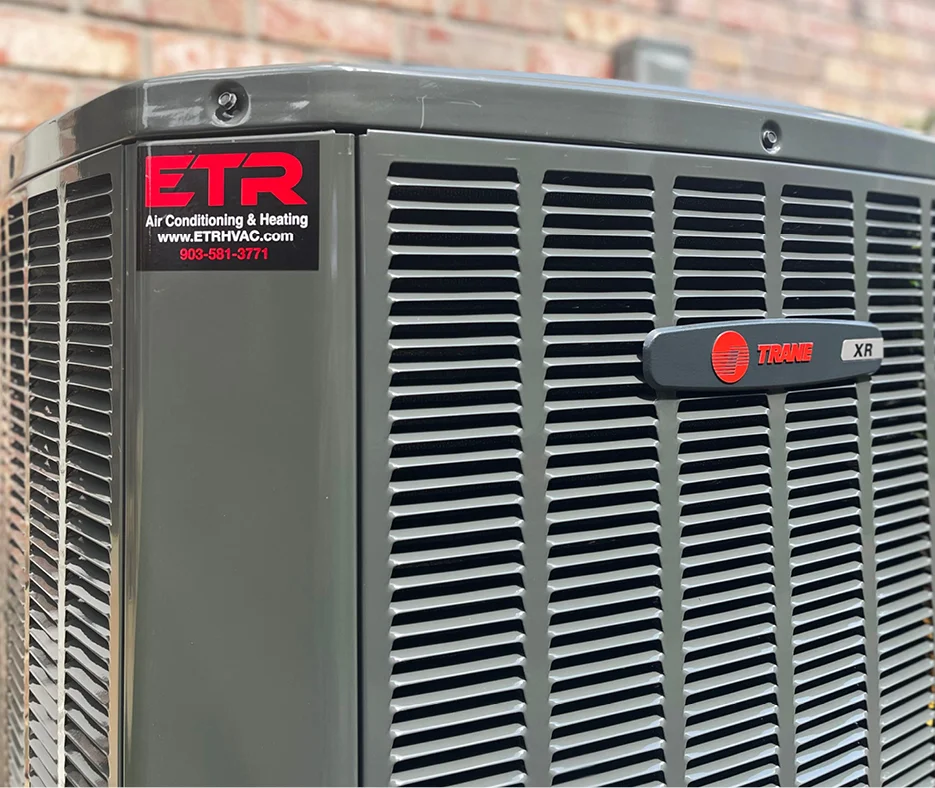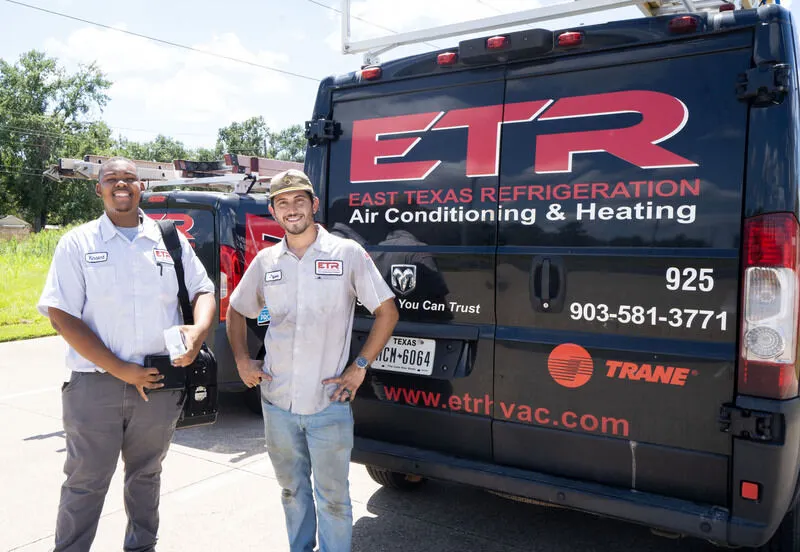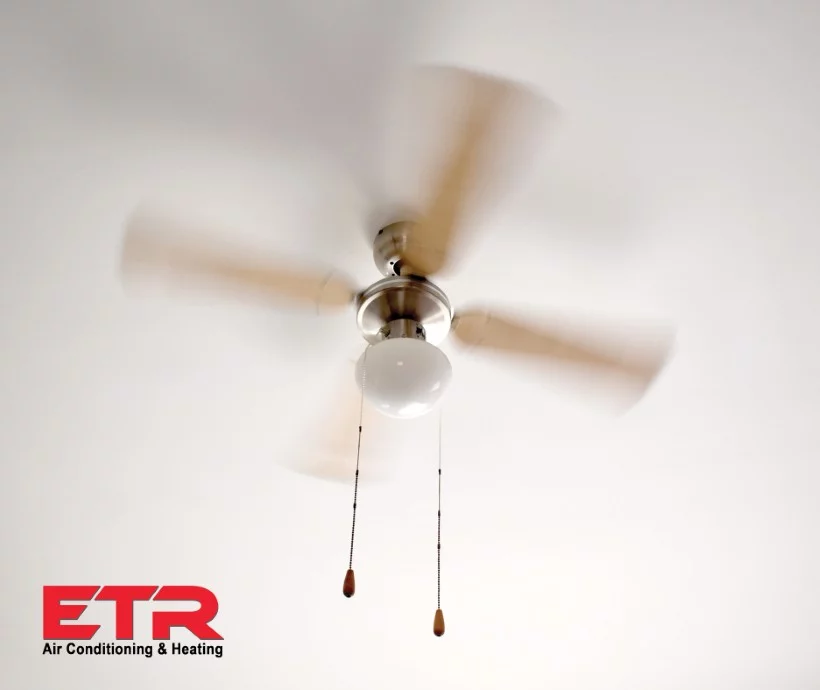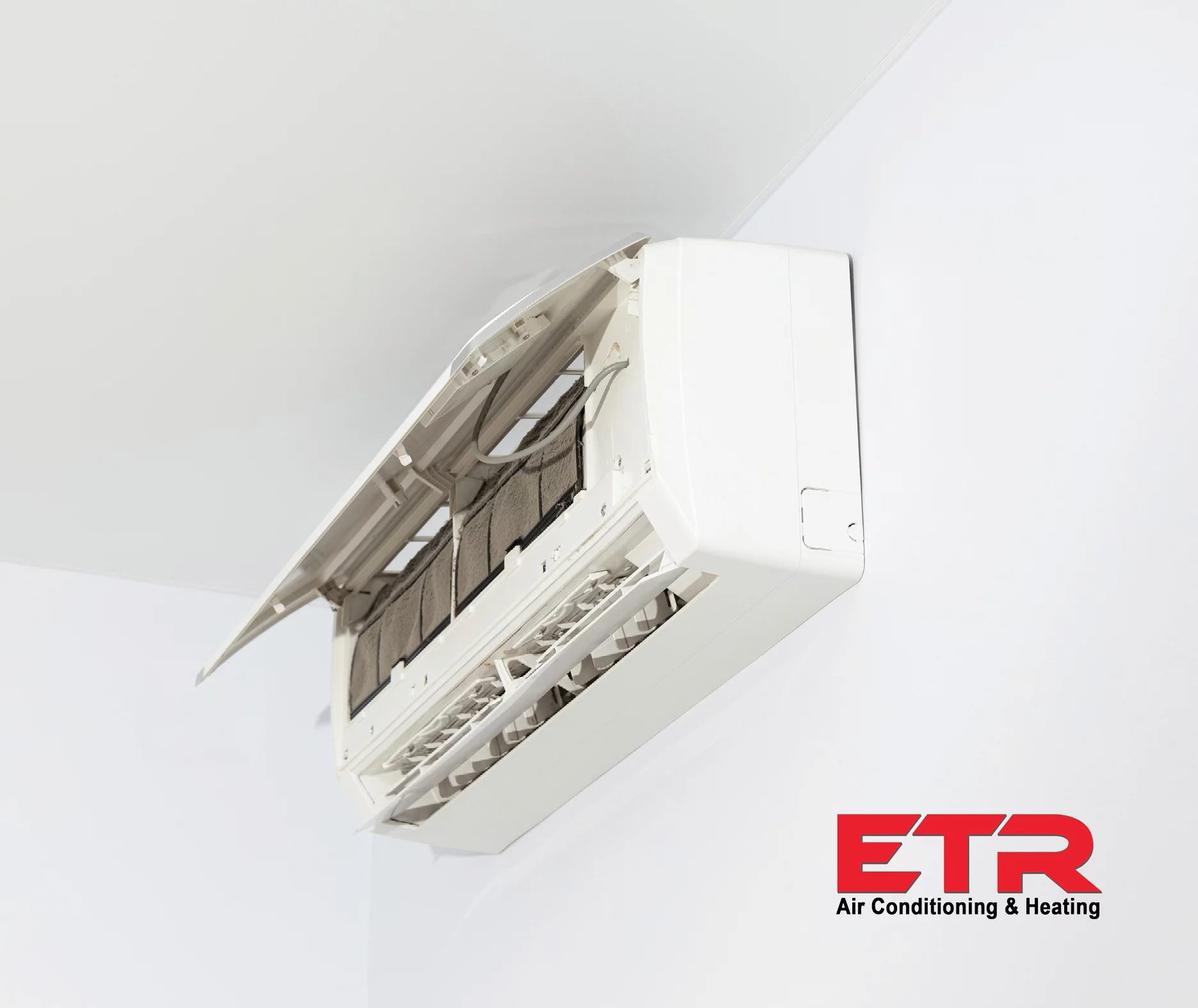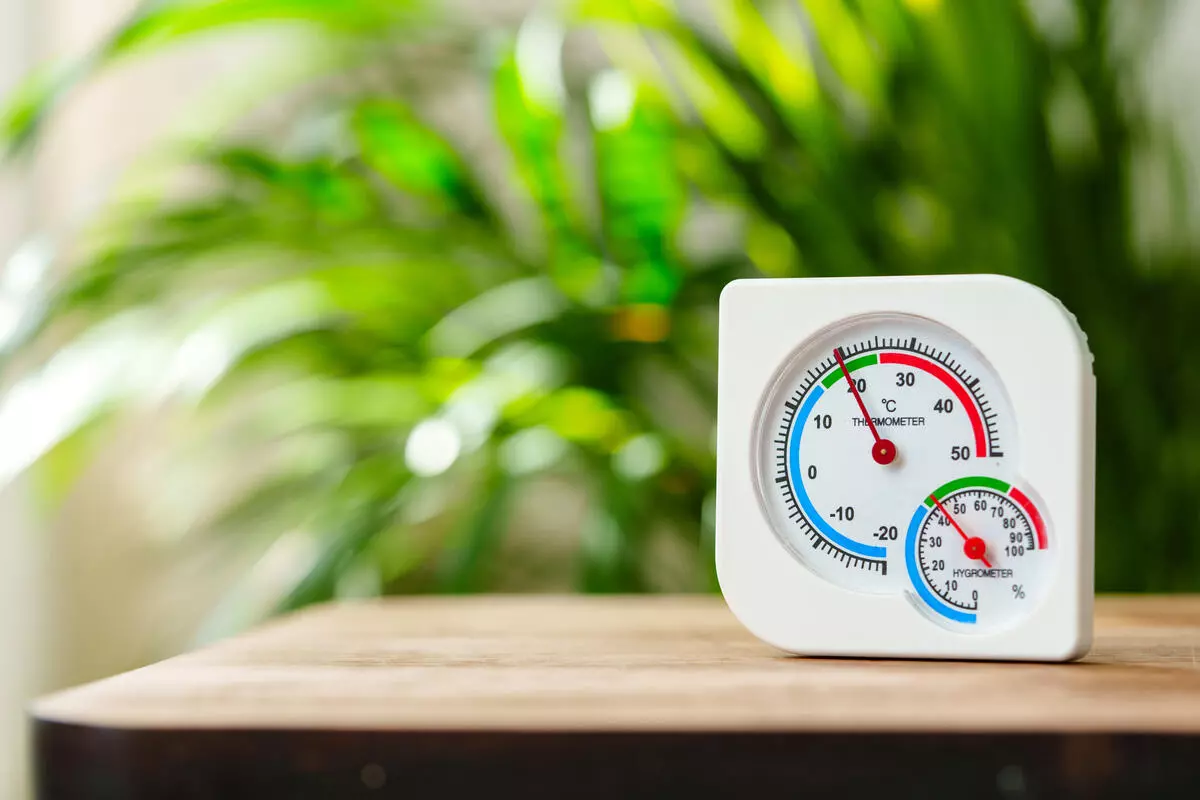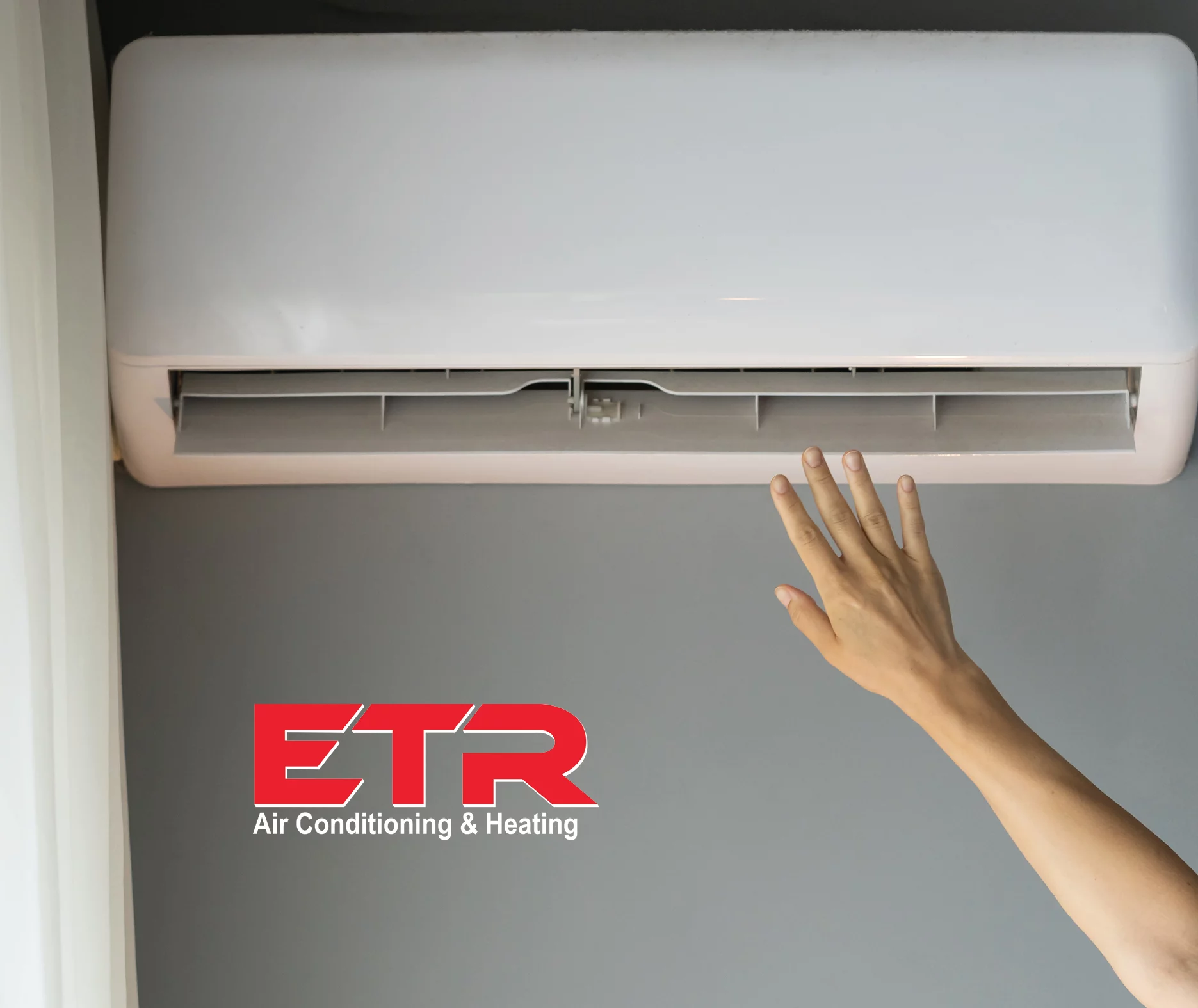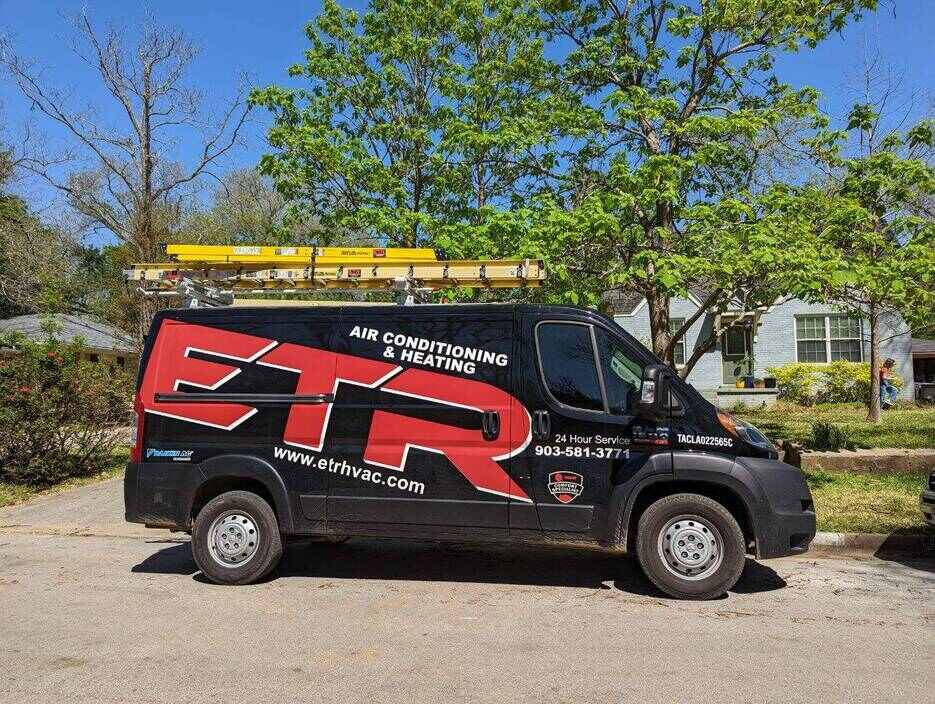
East Texas has its own unique weather patterns. This also means your East Texas home will have its own specific HVAC needs. Located in Tyler, Texas, East Texas Refrigeration understands the struggles of East Texas’s unpredictable weather.
If you’re from Tyler or the East Texas region, you know the area has hot, humid, long summers and chilly, damp, quick winters. It’s what makes the beautiful azaleas, roses, and Texas bluebonnets grow so well!
However, your home’s heating and cooling needs are a top priority, with temperatures ranging all the way from freezing in the winter to over 100 degrees in the summer.
With that wide temperature range in mind, what are the best HVAC systems to use in East Texas?
When it comes to HVAC systems (the units that heat and cool your home) there are a lot of factors to consider:
- Size and type of air conditioner
- Whether you want options for natural gas, furnace, or electric heating
- If you want a programmable thermostat (which we recommend)
- If you want or need a new air conditioner or if it’s worth it to save money and repair your old air conditioning unit
The size of your HVAC system is of great importance and should be properly sized to fit your home. ETR is the only contractor in the East Texas area to have licensed mechanical engineers for all sizing and design needs. A trusted HVAC contractor is essential in heating and cooling your home properly; they will know exactly what you need based on where you live.
Here are some tips and a breakdown of the Best HVAC systems to use in East Texas:
In hot, humid regions like East Texas, your HVAC system needs to be good at not just cooling your home but also minimizing the humidity levels. We all know what can happen to a home if you don’t keep the humidity low— mold, mildew, and potentially even structural damage.
Not only do you have that to consider, but what about those few cold days in the winter? While chilly days and nights might be few and far between in East Texas, you want your home to be warm when it gets cold.
Central HVAC systems are most often used in houses across the country.
Chances are, a central HVAC system is what you’re most familiar with. These are especially useful if you have a large space that needs heating or cooling—such as a multi-room home or business. This unit uses a network of ducts to conduct the warm and cold air into the rooms of your home.
While this is useful for a bigger space, these units also tend to be less efficient and can cost you more in energy expenses.
An HVAC system that’s growing to be a more popular option that takes both humidity and cooler temperatures into account is a heat pump.
A heat pump can be for both heating and cooling your house and is perfect for places like Tyler, Texas, which have relatively mild winters that don’t go below freezing.
Heat pumps are starting to replace central systems because rather than having a split system—a system with an indoor and outdoor unit—a heat pump has a single unit.
The advantages to this system are that it is more cost/energy efficient, and they’re a single unit system.
One downside to this unit is that it can potentially be expensive to install. AC system installation can be difficult depending on the setup of your home or business, and the HVAC unit you choose should take installation into consideration.
Talk to your local HVAC specialist and run the numbers in terms of savings on utility costs vs. the outright installation cost and decide what’s best for your home and financial needs.
If you’re only looking to air condition a small area of your home, a window unit might be an option for you. These air conditioners can be both cost and cooling efficient for smaller spaces.
The downside is that they usually won’t cool much more than one room, and they’re not easy to blend in, as they need to fit in a window of your house. If you’re concerned about your home’s exterior look, this might not be the unit for you.
Another good option for a smaller space, such as a studio apartment, is a ductless mini-split system.
These HVAC systems are very efficient. They also run without ducts, which makes them easier and faster for your HVAC professional to install.
Ducts can also be notoriously difficult to clean and store household allergens. So, for homes where people have respiratory health issues, a unit without ducts might be the best option.
As summer temperatures get hotter and hotter and it becomes necessary to run your air conditioner for longer periods, more people are looking for units that are more energy and cost-efficient.
Talk to your professional local HVAC business today and find out what unit is best for your East Texas home or business.
At ETR in Tyler, we specialize in AC Repair and AC new installation. Give us a call today to schedule an appointment.

